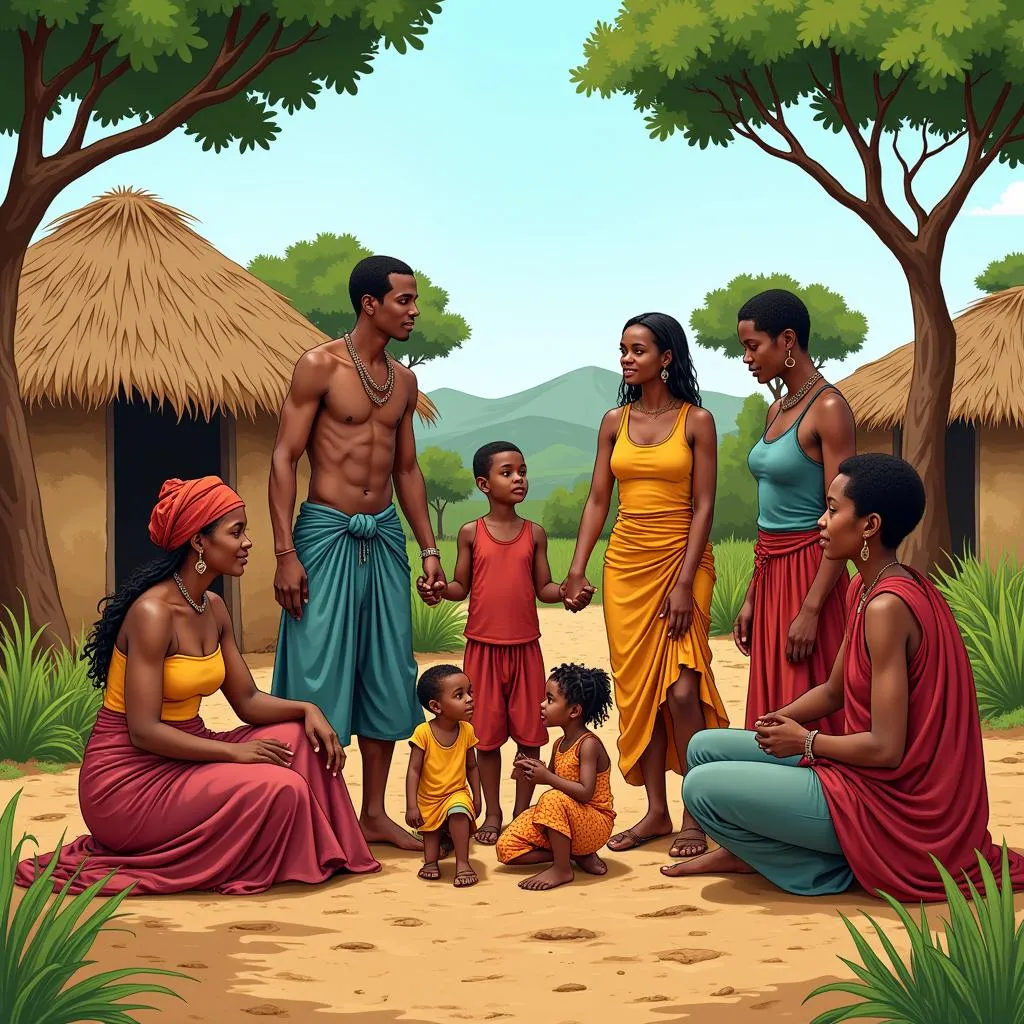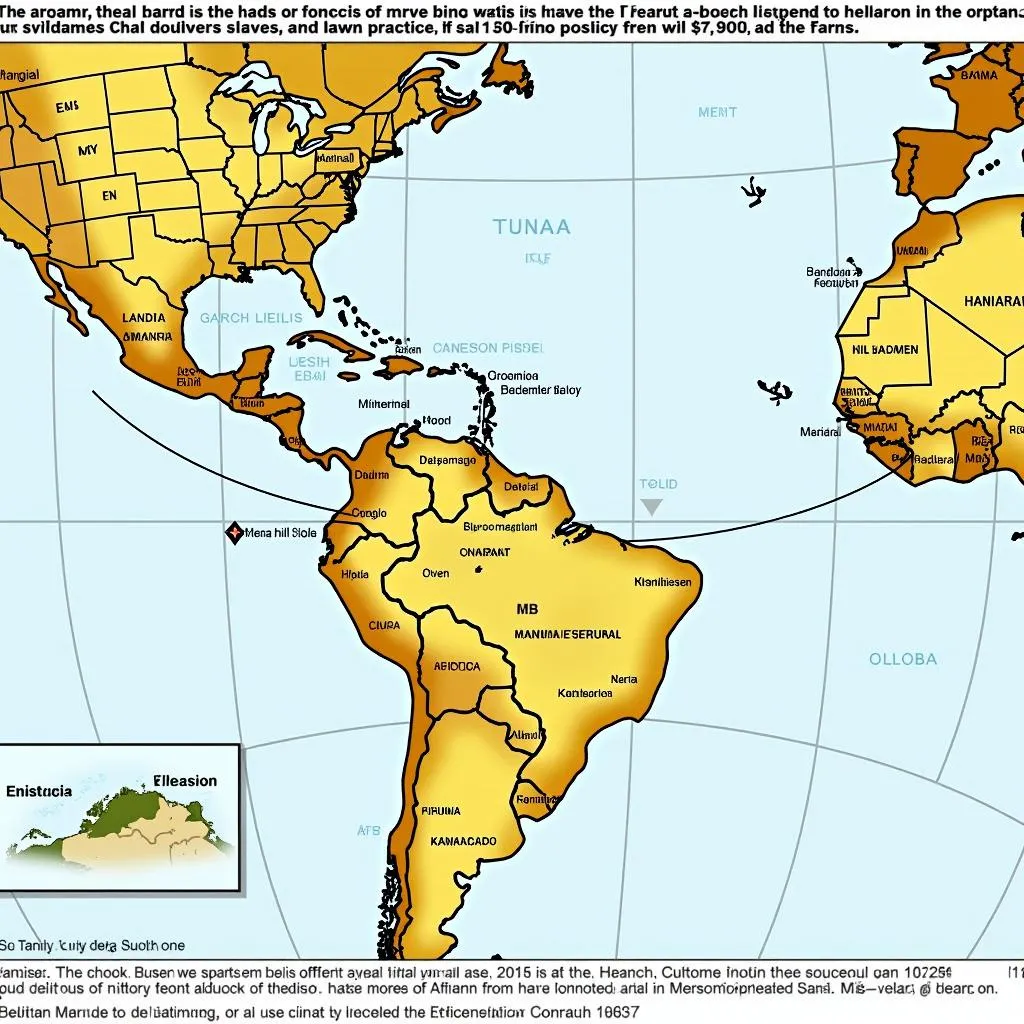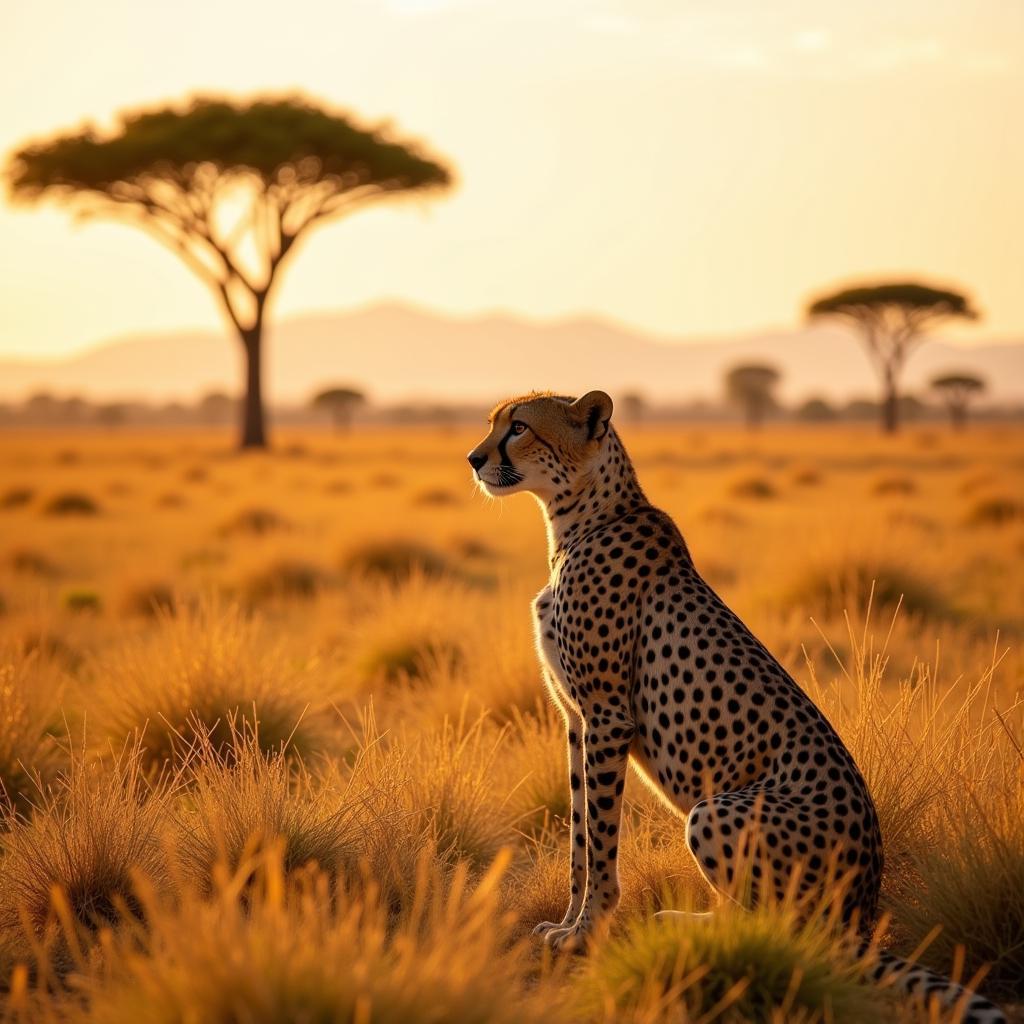Unveiling the Significance of African Group Names
African Group Names are more than just labels; they are powerful expressions of cultural identity, history, and social structure. From family names that trace lineages back centuries to clan names that unite communities, these identifiers offer a fascinating glimpse into the diverse tapestry of African cultures.
The Depth and Diversity of African Naming Traditions
Across the vast continent of Africa, naming traditions vary greatly, reflecting the unique historical, linguistic, and social contexts of each ethnic group. While some cultures emphasize ancestral lineage, others prioritize personal attributes or circumstances surrounding birth. Understanding these nuances is key to appreciating the profound meaning embedded in African group names. For instance, in many West African societies, family names often reflect ancestral occupations, skills, or even personality traits, providing a window into the historical livelihoods and social dynamics of those communities.  West African Family Gathering
West African Family Gathering
Clan Names: Uniting Communities and Shaping Identities
Beyond the family unit, clan names play a pivotal role in many African societies, forging bonds of kinship and shared heritage among individuals who may not be directly related. These larger kinship groups often share a common ancestor, a specific geographical origin, or a distinct cultural practice that binds them together. In East Africa, for instance, the Maasai people organize themselves into clans, known as “Ilaigwanak,” each associated with a specific animal totem and a set of cultural values. Similarly, in Southern Africa, the Zulu clan system, known as “Izibongo,” connects individuals through praise names that celebrate the lineage’s history, values, and accomplishments. These clan structures serve as a vital social fabric, fostering cooperation, resolving disputes, and preserving cultural heritage across generations.
Navigating the Evolution of African Group Names
The passage of time, migration patterns, and interactions with other cultures have all contributed to the evolution of African group names. Colonial influences, in particular, have left an indelible mark on naming practices in many parts of the continent. The transatlantic slave trade, for example, resulted in the separation of families and the loss of ancestral names, leading many individuals to adopt the names of their enslavers.  Map of the African Diaspora However, even amidst these historical disruptions, African communities have shown remarkable resilience in preserving the essence of their naming traditions. Many have reclaimed their ancestral names as a way of reconnecting with their heritage and asserting their cultural identity.
Map of the African Diaspora However, even amidst these historical disruptions, African communities have shown remarkable resilience in preserving the essence of their naming traditions. Many have reclaimed their ancestral names as a way of reconnecting with their heritage and asserting their cultural identity.
African Group Names in the Digital Age
In today’s interconnected world, African group names are gaining increasing visibility and appreciation. As people of African descent continue to share their stories and celebrate their heritage, these names are finding new life and meaning in the digital realm. Online platforms and resources are emerging to help individuals trace their ancestry, explore the origins of their family names, and connect with others who share their cultural background. This digital renaissance offers exciting opportunities to preserve, celebrate, and share the richness and diversity of African group names with a global audience.
Conclusion: Celebrating the Enduring Legacy of African Names
African group names are far more than mere identifiers; they are living embodiments of cultural heritage, ancestral wisdom, and social connections. By understanding the historical context, linguistic nuances, and social significance of these names, we gain a deeper appreciation for the rich tapestry of African cultures. As we continue to explore and celebrate the diversity of human experience, let us embrace the opportunity to learn from and preserve the enduring legacy of African group names.

